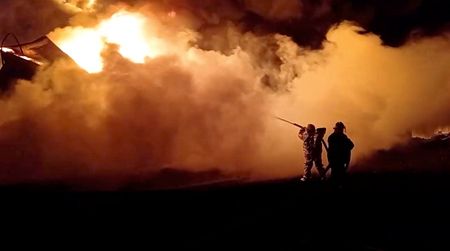
War in Ukraine and the “Butterfly Effect”

“The Times They Are a-Changin”, wrote the poet. It has never rung so true as during the past two years; since a Chinese virus appeared in Wuhan and spread death and chaos all over the planet. During the last few months, the changes seem to take place at a faster pace.
Among the innumerable consequences, it makes the life of the commentators, the analysts, those who predict the outcome of world events much more difficult; in fact, they are often wrong in the prophecies or simply in their calculations.
We have seen this recently about the War in Ukraine; most of the ‘serious’ observers thought that President Putin of Russia was bluffing; he was just trying to twist the arms of the Western leaders into conceding that the NATO would not come to the Gate of Old Russia.
Though they thought that the US warnings were part of the disinformation warfare, many in Europe were worried that Putin would go to War. And he did.
Since February 21, everything has changed.
Let us take a concrete example: today, the West is panicky of a new alliance between China and Russia. But so far, nothing is definite.
War on the Rock, a platform for analysis and commentary on foreign policy and national security issues ‘By Insiders, For Insiders’, wrote about: “China’s Strategic Assessment of Russia: More Complicated Than You Think”.
Contributor Yun Sun mentioned the ‘seemingly enthusiastic joint statement’ issued after President Putin met his Chinese counterpart Xi Jinping in Beijing (incidentally, it was the first time Xi met with a foreign head of state in the post-virus era): “one could assume China would be supportive of Russia’s assault on Ukraine. The truth, however, is quite different.”
The author explained that the nature of the Sino-Russian relationship is not easy to define: “Is it as sturdy as an alliance? Or as flimsy as a marriage of convenience? The truth is the relationship is neither and both.”
The February 4 joint statement spoke of a ‘no limits’ partnership between China and Russia; but that was before Putin sent his Armies into Ukraine. Since then, Beijing through the declarations of its Foreign Minister Wang Yi, seems to see ‘limits’ to its friendship with Moscow; it is certainly not an unconditioned friendship.
This raises another question: was Xi unaware of the Russian plans? The issue is being debated, but with the opacity of both regimes, it is doubtful whether one day we can know for sure.
Yun Sun concludes: “It’s hard to predict the longevity and stability of the current Sino-Russian alignment. It begins and ends with China’s anti-US agenda and is strengthened by Xi’s personal preferences. There is a famous Chinese saying among Russia hands that China and Russia can only share miseries, but not happiness. Without shared visions, goals, and approaches, China and Russia will align against a common enemy.”
A first consequence, the military budgets the world over are bound to increase.
On March 5, the Twin Meetings (the National People’s Congress or NPC and the Chinese People’s Political Consultative Conference or CPPCC) assembled in Beijing for the yearly ‘democratic’ exercises.
On the first day, Beijing announced its plan to boost the country’s defense budget by 7.1 %, to a total of 1.45 trillion yuan ($230 billion) in 2022. The Global Times, the mouthpiece of the Party found this ‘reasonable’ and despite the government’s modest economic growth forecast, Premier Li Keqiang emphasized the importance of safeguarding the country’s sovereignty, security and development interests.
Premier Li further vowed to step up innovation in defense science and technology and pledged to enhance military training and combat readiness for the People’s Liberation Army (PLA), working on an array of weapons from stealth fighters to aircraft carriers.
Reuters commented: “China is nervous about challenges on several fronts, ranging from Chinese-claimed Taiwan to US naval and air missions in the disputed South China Sea near Chinese-occupied islands and a festering border dispute with India.”
India is rightly worried with a defence budget thrice smaller, while being decades behind in the development of new weaponry.
All the implications of Putin deciding to go to war are difficult to envisage today.
Some scientists like to speak of the ‘Butterfly Effect’, usually associated with the ‘chaos theory’ and mathematician and meteorologist Edward Lorenz’s discovery of the metaphorical term ‘Butterfly Effect’ from his research on a tornado: The time of its formation and the path it takes is often influenced by “minor perturbations such as a distant butterfly flapping its wings several weeks earlier.” According to Wikipedia, Lorenz discovered the effect “when he observed runs of his weather model with initial condition data that were rounded in a seemingly inconsequential manner… A very small change in initial conditions had created a significantly different outcome.”
War in Ukraine is not inconsequential; it is much more difficult to guess all the future consequences!
On the tactical and operation level, the Russians are not doing as expected by their boss. It has immediate implications for China: the PLA is said to have copied their Revolution in Military Affairs (RMA) from the Russians; the events in Ukraine have direct implications for the PLA war-fighting capacity and its dream of one day, ‘liberating’ Taiwan.
One can cite the use of Combined Arm Commands, the PLA’s mechanization or the airborne operations often derived from Russian doctrines. Beijing has certainly started doing its homework, but it may take years to change doctrines and tactics, if found faulty in Ukraine.
Russian General Gerasimov is credited with a doctrine, carrying his name “combining military, technological, information, diplomatic, economic, cultural and other tactics for the purpose of achieving strategic goals.” Though the Russians claim that due to translation errors, his speech was misinterpreted in the American press as a belligerent, rather than defensive strategic proposal; the fact remains that all factors were perhaps not assessed properly by Putin when he decided to go to War.
To take an example, according to The Drive, “Ukrainian roads have quickly become a killing ground for Russian convoys moving through hostile territory amid a reportedly worsening logistics situation. While losses of heavily armored tanks and armored personnel carriers to anti-tank weapons are piling up, far less fortified vehicles are vulnerable even to small arms fire.”
Then, the proliferation of MANPADs or man-portable air-defense systems (guided weapons which are threats to low-flying aircrafts, especially helicopters) was not taken seriously taken into account; these are available with the Ukrainian troops, who apparently inflicted heavy damage to the Russian Army.
And perhaps more importantly, there is the resilience of the Ukrainian people and the unexpected large international support to President Volodymyr Zelenskyy.
All this will have to be studied carefully by China if it still plans to invade Taiwan.
Once again it is difficult to predict the future, but the War in Ukraine may delay a Chinese ‘misadventure’ on the rebel island for several years.
First and foremost the present confrontation is an IW (Information and Disinformation Warfare) conflict which makes it difficult to predict any outcomes as we don’t know who is telling the truth and who is lying (the only thing that is sure is that Indian students are suffering being caught in a War which is not theirs and here too, there are lessons for the Indian Government to learn).
Speaking about ‘fake news’, a speech attributed to the French President Emmanuel Macron, circulated in the social media; he would have announced the transformation of the international order, a geopolitical integration, and a strategic reorganization and added: “Yes, I must admit that Western hegemony may be coming to an end.”
Probably planted by the Russian propaganda, the speech noted “The wrong policies of these American leaders are all fundamental mistakes that shake Western hegemony. However, on the other hand, we have greatly underestimated the rise of emerging powers. …We underestimated them from the beginning!”
The text said that Europe’s problem is the military: “Because of the existence of NATO, it becomes very difficult for Europe to form another European Army, and as long as the “European Army” does not exist, Europe will be controlled by the political orders of the United States.”
Though probably a disinformation, it has also some truths.
We are living at a time when ‘truth’ and ‘untruth’ are intimately mixed.
How to detangle the two is difficult, but each nation has to do what is the best in its national interest, keeping world peace as an ultimate objective.
In any case, we are certainly living a revolution in foreign and military affairs with unexpected outcomes.
***************
Disclaimer
The opinions expressed in this article are the author’s own and do not reflect the views of Chanakya Forum. All information provided in this article including timeliness, completeness, accuracy, suitability or validity of information referenced therein, is the sole responsibility of the author. www.chanakyaforum.com does not assume any responsibility for the same.
Chanakya Forum is now on . Click here to join our channel (@ChanakyaForum) and stay updated with the latest headlines and articles.
Important
We work round the clock to bring you the finest articles and updates from around the world. There is a team that works tirelessly to ensure that you have a seamless reading experience. But all this costs money. Please support us so that we keep doing what we do best. Happy Reading
Support Us






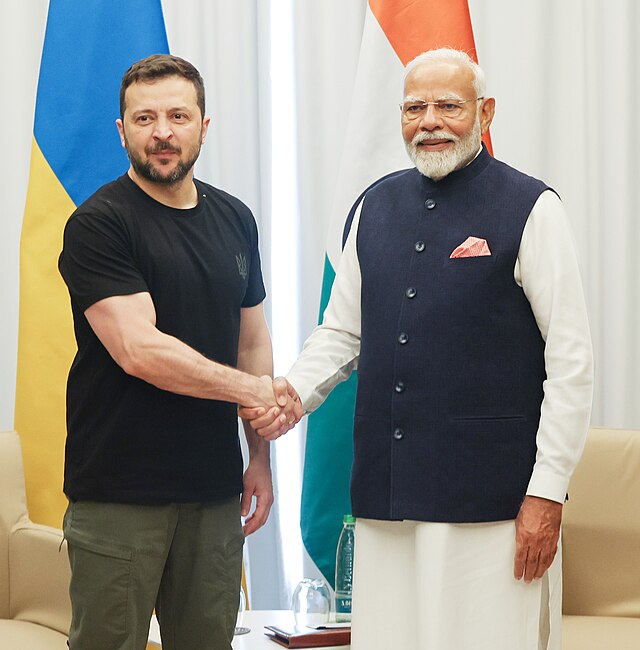
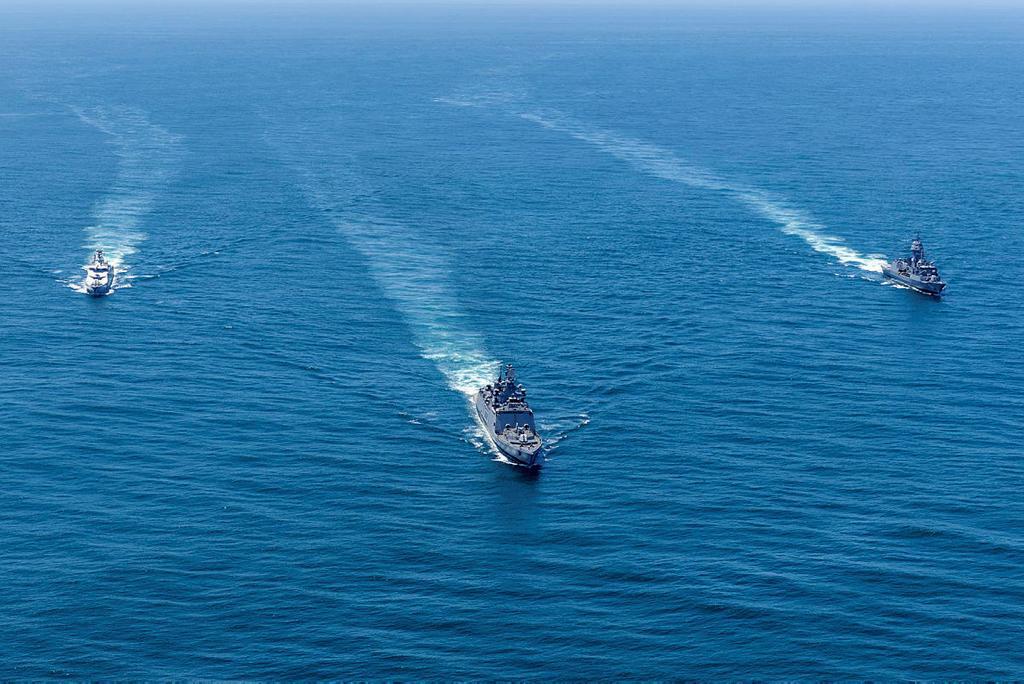
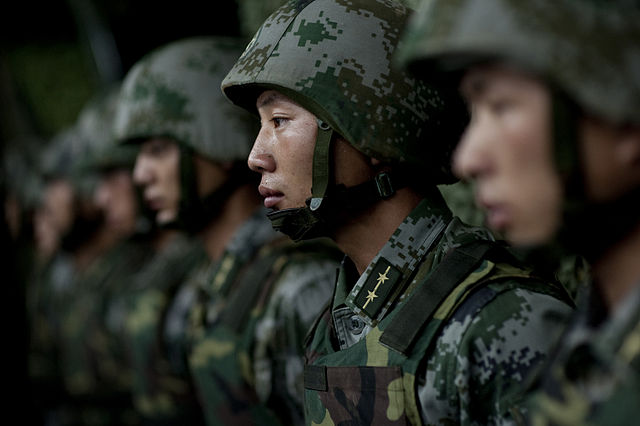
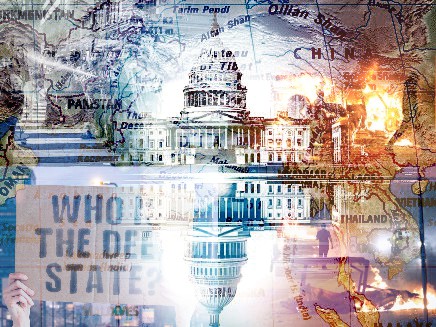
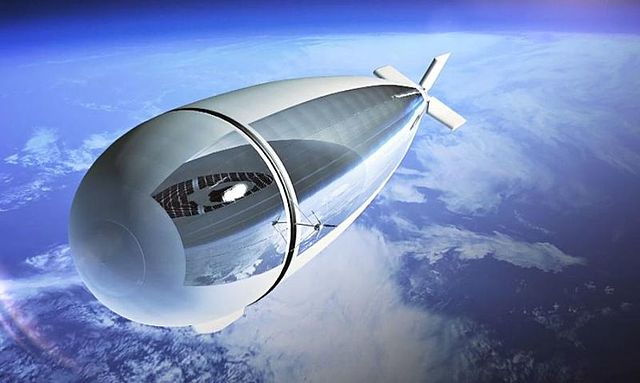
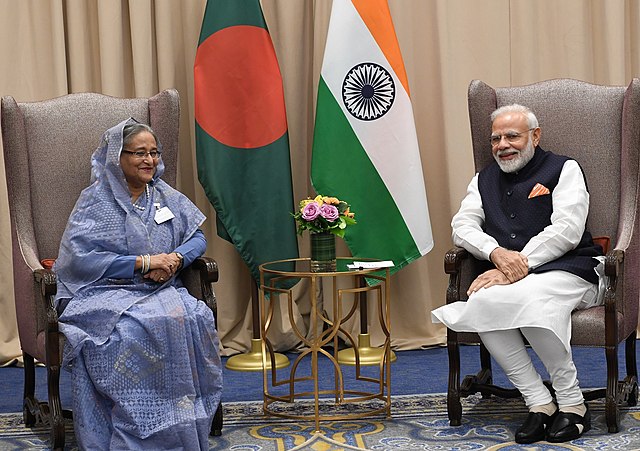
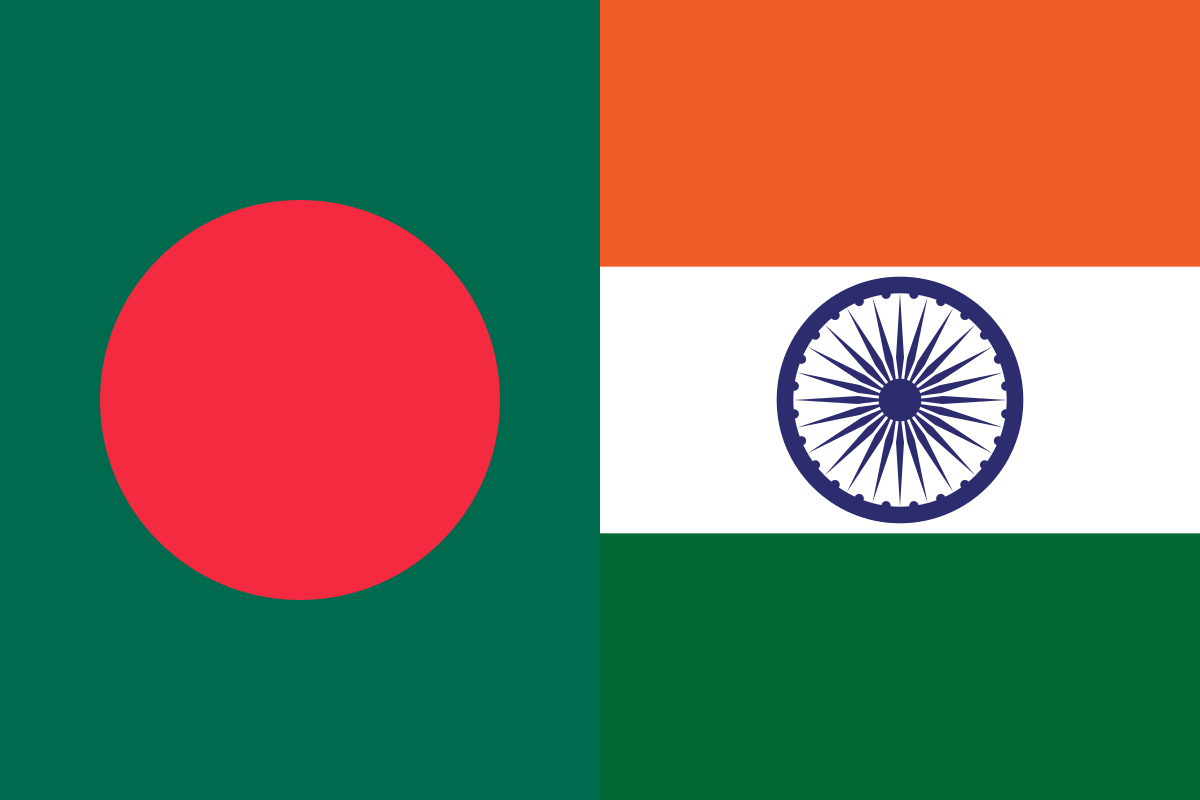
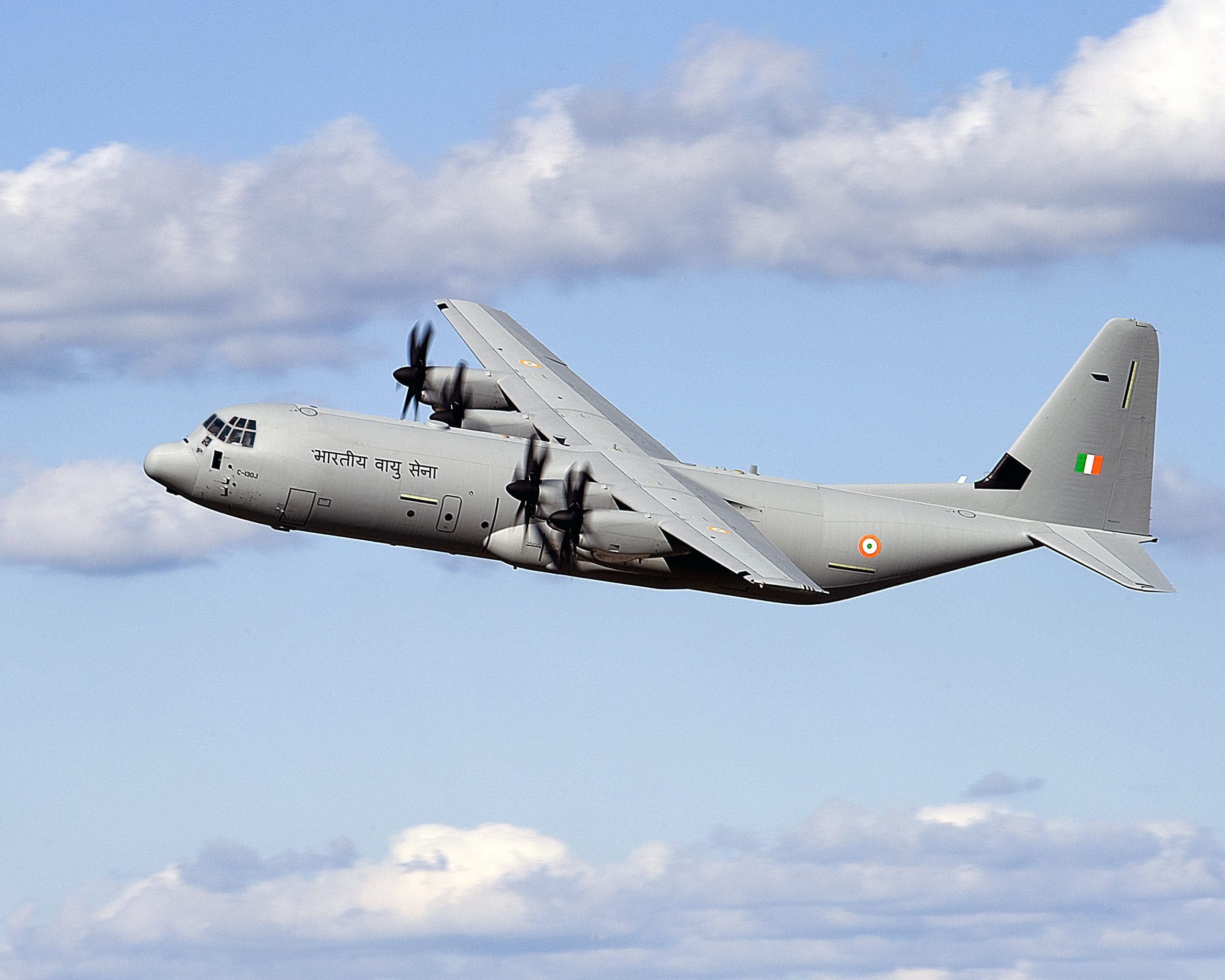







POST COMMENTS (1)
mukesh.naik